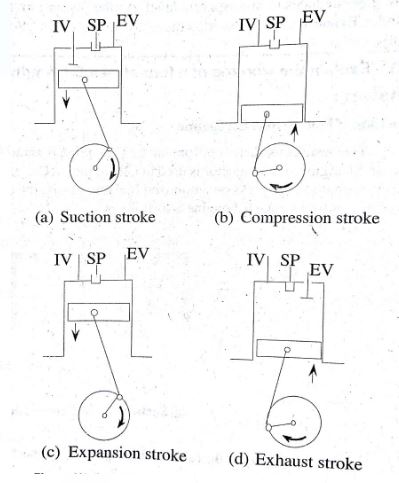Thermal expansion is the change in the size or shape of a material as a result of a change in temperature. The thermal expansion of a material can be calculated using the following formula:
ΔL = α * L * ΔT
where:
- ΔL is the change in length of the material
- α is the coefficient of thermal expansion of the material
- L is the original length of the material
- ΔT is the change in temperature of the material
The coefficient of thermal expansion (α) is a material property that is specific to each material and is typically measured in units of length per unit length per degree Celsius (e.g. meters per meter per degree Celsius). It represents the fractional change in length of the material per unit change in temperature.
To calculate the thermal expansion of a material, you need to know the coefficient of thermal expansion of the material, the original length of the material, and the change in temperature of the material. Using these values, you can plug them into the formula above to calculate the change in length of the material due to thermal expansion.
For example, if you have a steel rod with a length of 1 meter and a coefficient of thermal expansion of 12 x 10^-6 /°C, and the temperature of the rod increases by 100°C, the change in length of the rod due to thermal expansion would be:
ΔL = (12 x 10^-6 /°C) * (1 m) * (100°C) = 0.012 m
The thermal expansion of a material can also be calculated for changes in other dimensions, such as width or height, using similar formulas.
Tags: Thermal expansion formula, Thermal expansion of a Material Formula
